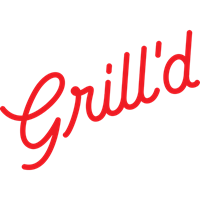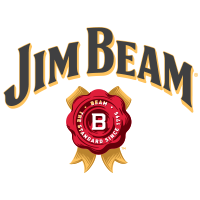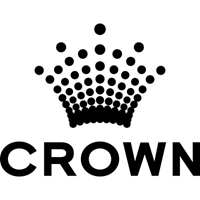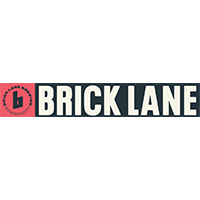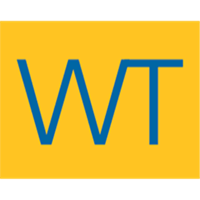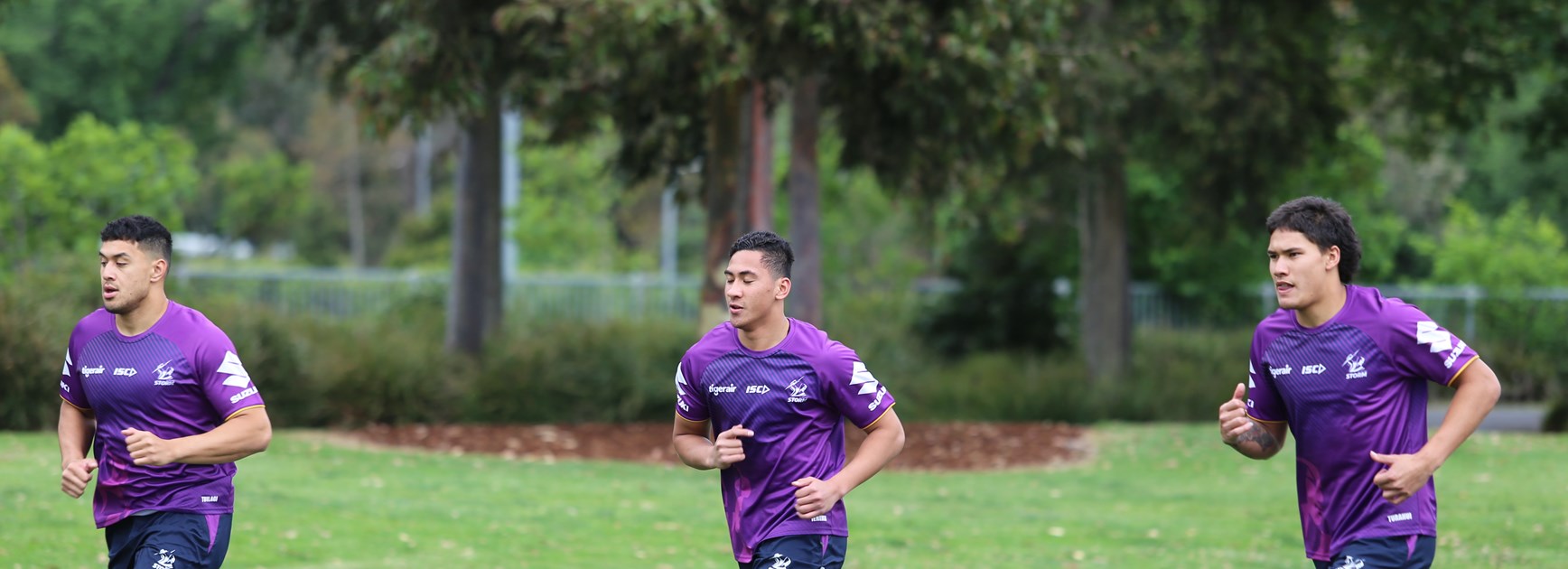
Having spent a year in jail, Russell Packer knows all too well how things can go badly wrong as an NRL player.
The rehabilitated Wests Tigers prop told his story to 89 emerging first-graders at the 2020 Rookie Camp in western Sydney last weekend.
The camp, designed for players on their first NRL contracts or train-and-trial deals, was a two-day crash course in social responsibility and managing the pressures faced by elite athletes.
Among the participants were premiership-winning Roosters hooker Sam Verrills, teenage Broncos halfback Tom Dearden and Manly talent Ben Trbojevic, the brother of NSW Origin heroes Tom and Jake.
Over 20 current and former players gave presentations alongside industry experts on topics like illicit and performance-enhancing drugs, alcohol, respectful relationships, mental health, social media, finances, personal brand and cultural awareness.
The rookies also engaged in a theatresports session hosted by league legend Ian Roberts where they acted out potential situations.
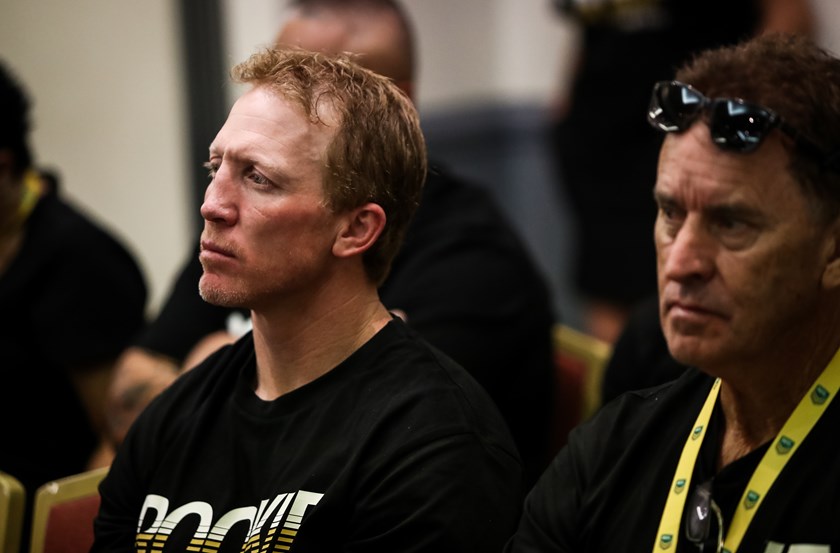
Packer captivated the rookies as he read a powerful letter to his younger self, detailing his rough upbringing and the poor decision-making that culminated in an assault conviction in 2014.
"For Russell to talk about what he experienced and the decisions he made makes it pretty real for the guys," said NRL wellbeing and engagement programs manager Tony McFadyen.
"It just holds so much more weight."
McFadyen said the camp was about "reducing the risk" of off-field indiscretions by giving the next generation of players the tools and information to choose better options.
"We want to empower athletes to control their own journey," he said.
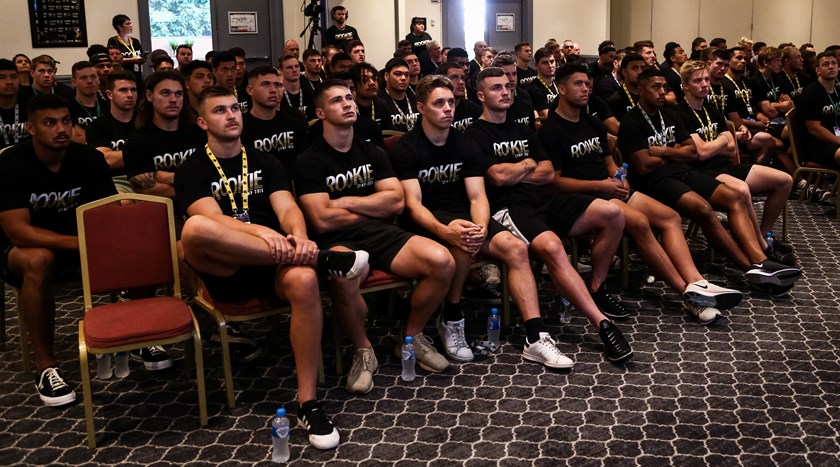
Ex-Dragons, Broncos and Cowboys front-rower Ashton Sims, who recently finished his career with the Toronto Wolfpack, spoke about personal brand with NRL greats Alan Tongue and Chris Heighington.
Sims, who has joined former Dragons prop Dan Hunt's Mental Health Movement business to help develop mentally healthy workplaces, relished the chance to teach the rookies.
"We had really good buy-in from the players over the 48 hours," Sims said.
"We just want to educate these young kids on what being a rugby league player entails. As a young kid, all you want to do is play rugby league but it's a lot more than that.
"It's what you do away from the game that will make a mark on you in the future and what people's impressions are of you."
The camp wasn't established until 2005 – two years after Sims made his debut for St George Illawarra – and he believes he would have benefited had it been around.
Sims added that he was "blown away" by Packer's talk.
Under a new rule, players aged 20 or younger who are training full-time with an NRL squad must engage in work or study for one day (eight hours) per week to be eligible for first-grade selection.
Most young players are already pursuing things away from football, with 86% of the 113 NRL-contracted or development list players aged 20 or under last season career-engaged.
"The goal is to get that to 100%," McFadyen said.
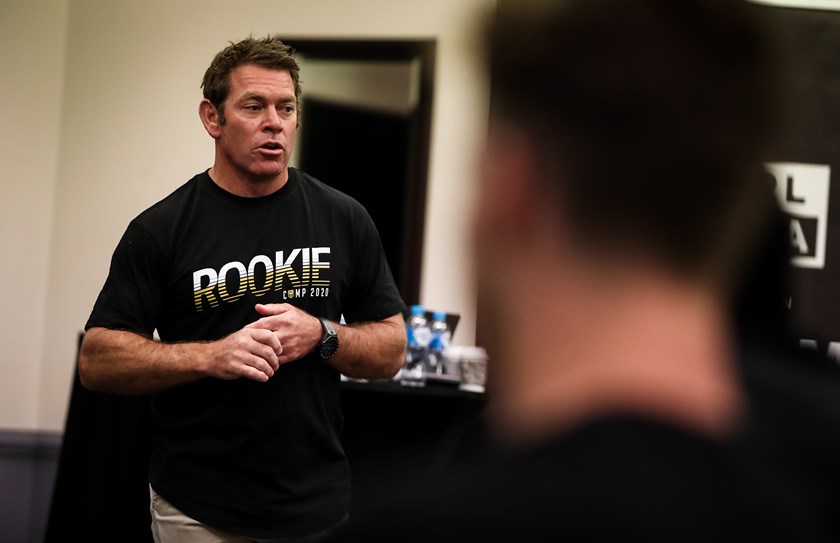
In 2017, the NRL commissioned professor David Lavallee from the Abertay University in Scotland to independently research the effect of work and study on player performance.
He found that players engaged in work and study are more often selected in teams, have longer contracts with their clubs and ultimately enjoy longer NRL careers.
"Obviously, on the pitch is very vital in a rugby league player's career," Sims said.
"But just as important is the development of their education and their hobbies away from rugby league and trying to mesh the two to have something instilled in the future, job opportunity-wise."



